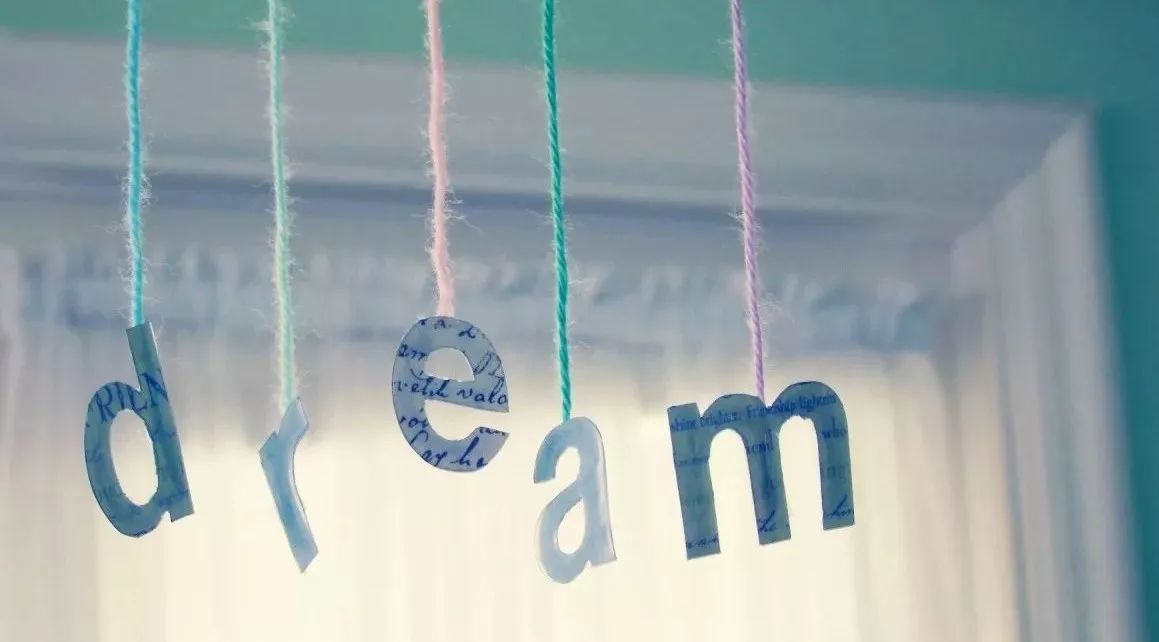
But don't worry, no one can easily snoop on the secrets of your dreams yet.
for a long time, what you dream about is your own little secret. If someone wants to know your dream, you have to describe it to ta yourself, and even research on the content of your dream can only be done.
however, now that the detection technology of brain science is becoming more and more developed, connect the electrode and do a scan, can you find out what other people are dreaming about? Not to mention, some scientists have tried it.
in 2013, an eye-catching "Dream Decoding" paper was published in Science. Using MRI scans, the researchers did make some meaningful predictions about the subjects' dream images-but it was actually a rather complex process, and the results were preliminary. How preliminary is it? We can first take a look at the video of their dream decoding results:
generally speaking, the effect is very psychedelic _ (: magic "∠) _
what have scientists done to understand the dream? First, researchers from Japan used three subjects to collect a lot of brain activity data about dreams and vision. It was not easy for the three subjects to sleep in a narrow fMRI, and they would be woken up soon after they fell asleep, and they had to describe whether they had dreamed anything just now and what it looked like. In just a few days of the experiment, each subject was woken up more than 200 times. Through this process, the researchers obtained the self-described dream content of the three people, as well as the corresponding brain scan data.
next, they found many different images for these people to watch while awake to record brain activity signals corresponding to different images. The researchers fed all the raw data to AI and trained a "dream decoder" through machine learning. Eventually, as long as a piece of fMRI data is entered into the decoder, AI will make his own prediction based on past experience: the person is most likely to dream of something and will match the picture according to the gallery.
unlike the dreams we are familiar with, they actually focus on the stage when people just fall asleep, when the visual sensations similar to dreams are produced in the brain. As for why we only focus on the "dream" just falling asleep, the reason given by the researchers is very realistic: it takes a short sleep time, wakes the subjects more times, and harvests a large amount of data in a short time.
Your elegance and femininity will absolutely shine in our flowy wedding gowns. Our huge collections of are better than the rest.
eventually the researchers found that the Dream Decoder did make some meaningful guesses about the type of picture the subject dreamed, such as whether he was dreaming about "a person" or "a chair". However, it can not really restore the dream scene.
in addition to the preliminary decoding results, in view of the tedious decoding process in the study and the strong cooperation of the parties, there is no need to worry about the privacy in your dreams. But these technologies should still help scientists learn more about dreams.
finally, I would like to say that several subjects who have been woken up more than 200 times in the experiment, thank you for your hard work. Who wants to interrupt my sleep 200 times? I might kill ta _ (: sleeping) ∠) _
Source: http://science.sciencemag.org/content/340/6132/639
https://www.wired.com/2013/04/dream-decoder/